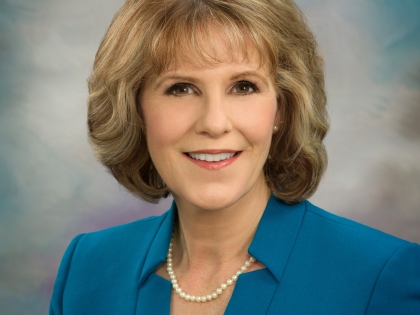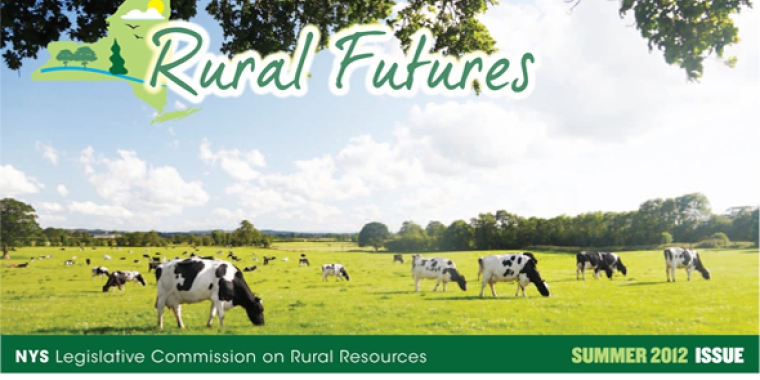
Senator Young Unveils Dairy Investment Act
Catharine Young
August 28, 2009
-
ISSUE:
- Agriculture

ALBANY – With emotions continuing to run high as the state’s dairy farmers face an escalating crisis, Senator Catharine Young (R,I,C- Olean), ranking member of the Senate’s Agricultural Committee, today unveiled the “2009 Dairy Investment Act” - emergency legislation designed to provide $60 million in immediate assistance to struggling dairy farmers.
“These are the worst economic conditions our state’s dairy farmers have ever faced and it is impacting farmers at all levels, whether they milk 50 or 5,000 cows,” said Sen. Young. “The milk crisis is not only impacting farmers, but agribusinesses, processors, banks, veterinarians and others who make up our rural economy. Immediate action is essential before our dairy economy is completely overwhelmed and farms go bankrupt.”
Dairy farmers in New York received an average of $11.50 per hundredweight of milk sold during June, down 40 cents from May and $7.40 below June a year ago. A study by Cornell University estimated that farmers need to be paid at least $17.00 per hundredweight in order to meet their production costs
“Milk prices have steadily declined since last summer and continue to hover at almost 50 percent of what they were last year,” said Sen. Young. “In the meantime feed, fuel and fertilizer costs have skyrocketed. Many farmers are now using a bank line of credit to help keep their daily operations going. The industry as a whole cannot survive unless immediate action is taken.”
Sen. Young said the Dairy Investment Act would provide a one-time direct support payment to New York’s dairy producers using $60 million of stimulus funds from New York’s share of the American Recovery and Reinvestment Act.
“Our State has only used $10 billion of the $26 billion New York received from the stimulus package and much of that has been used to help boost the size of a bloated state budget,” said Sen. Young. “Our State’s top industry deserves higher priority than paying for programs like highway advertising signs and no-strings-attached grants for welfare recipients.”
Sen. Young said agriculture was among the hardest hit parts of this year’s state budget, which cut funding for critical farm improvement and marketing programs, including those aimed at dairy, onion, apple and grape farmers, that have made a difference in keeping these farms profitable and in business.
“Last month, I asked the Governor to use Federal stimulus money to create an emergency assistance fund that would have provided immediate help for Upstate dairy farmers,” Sen. Young. “Nothing happened, and now I urge the Senate to take up my legislation when we come back next month.”
“With the new reform measures passed earlier this year, the Senate has moved from a leader-driven body to member-driven – providing a greater opportunity for important pieces of legislation like this the chance for an up-and-down vote,” said Sen. Young.
“I was happy to see Sen. Chuck Schumer address the milk crisis recently by offering his support to raise the federally-controlled prices that farmers get for their milk,” said Sen. Young. “Adjusting those prices is the best long-term solution, but doesn’t address the immediate concerns of farmers grappling with extremely volatile milk prices and high expenses.”
New York is the nation's third-largest dairy state, generating $2.3 billion annually, over half of the state's total agricultural receipts. New York's 6,200 dairy farmers produce 1.4 billion gallons of milk annually. The average dairy farm in New York state is family owned and consists of 100 cows, producing an average of 19,303 pounds of milk per cow per year.
###
Share this Article or Press Release
Newsroom
Go to NewsroomRural Futures Newsletter Summer 2012
June 28, 2012


